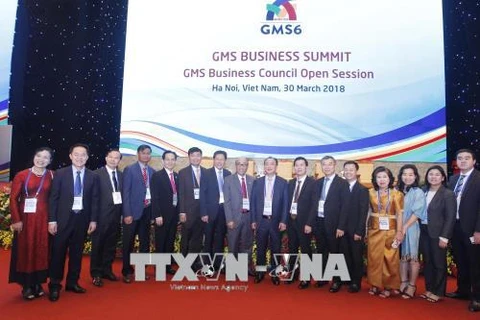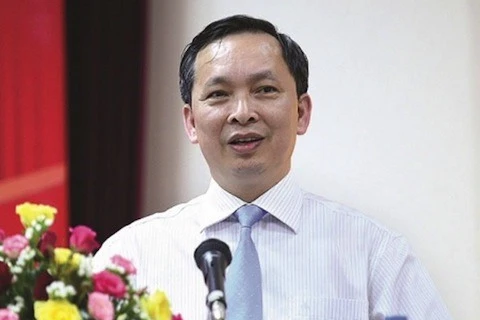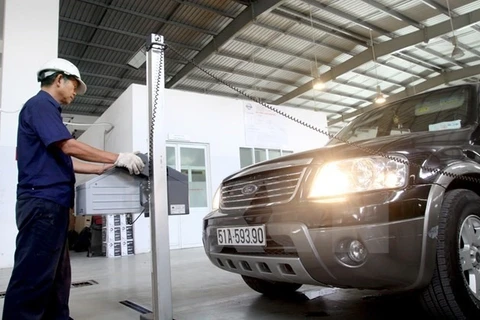Hanoi (VNA) – Developing the private sector and expanding domestic private financial sources are the key targets for Vietnam in order to meet financial demand for the successful implementation of the Sustainable Development Goals (SDGs) of the United Nations.
The recommendation was made in a report evaluating financial conditions for Vietnam’s sustainable development, which was released by the UN Development Programme and the Ministry of Planning and Investment on September 11.
The report provides an overview about changes in the country’s financing for development, with the aim of helping the country improve the mobilisation, utilization and management of finance for development, in a bid to carry out the 2030 Agenda for Sustainable Development of the UN.
It analysed financial structure, characteristics, development trends and investment sources in Vietnam and made comparison with other nations, mainly those in the ASEAN.
Vietnam is advised to extend tax base and ensure better management of State property, as well as enhance the efficiency of State expenditure, public investment and public debt management.
The report underlined the necessity of ensuring the smooth transition from the period of receiving official development assistance, and improving the management of the interactive relations among financial sources, while enhancing the coordination and collaboration among the sources.
Deputy Minister of Planning and Investment Le Quang Manh said that financial sources for development and infrastructure remain the biggest challenge for Vietnam in realising the 2030 Agenda for Sustainable Development.
The report showed rapid changes in financing for development in Vietnam, said Haoliang Xu, Assistant Secretary General of the United Nations and Director of the Regional Bureau for Asia and Pacific at the UNDP.
Investment by the domestic private sector doubled in 2015 compared to that in 2002, but only accounted for 40 percent of total financing for development. Private investment rate of Vietnam stands at 490 USD per person, among the lowest in ASEAN region.
Xu also recommended that Vietnam mobilise more private investment, attract more FDI projects which link domestic firms with global value chains and build suitable financial framework for SDGs implementation.-VNA
The recommendation was made in a report evaluating financial conditions for Vietnam’s sustainable development, which was released by the UN Development Programme and the Ministry of Planning and Investment on September 11.
The report provides an overview about changes in the country’s financing for development, with the aim of helping the country improve the mobilisation, utilization and management of finance for development, in a bid to carry out the 2030 Agenda for Sustainable Development of the UN.
It analysed financial structure, characteristics, development trends and investment sources in Vietnam and made comparison with other nations, mainly those in the ASEAN.
Vietnam is advised to extend tax base and ensure better management of State property, as well as enhance the efficiency of State expenditure, public investment and public debt management.
The report underlined the necessity of ensuring the smooth transition from the period of receiving official development assistance, and improving the management of the interactive relations among financial sources, while enhancing the coordination and collaboration among the sources.
Deputy Minister of Planning and Investment Le Quang Manh said that financial sources for development and infrastructure remain the biggest challenge for Vietnam in realising the 2030 Agenda for Sustainable Development.
The report showed rapid changes in financing for development in Vietnam, said Haoliang Xu, Assistant Secretary General of the United Nations and Director of the Regional Bureau for Asia and Pacific at the UNDP.
Investment by the domestic private sector doubled in 2015 compared to that in 2002, but only accounted for 40 percent of total financing for development. Private investment rate of Vietnam stands at 490 USD per person, among the lowest in ASEAN region.
Xu also recommended that Vietnam mobilise more private investment, attract more FDI projects which link domestic firms with global value chains and build suitable financial framework for SDGs implementation.-VNA
VNA
























